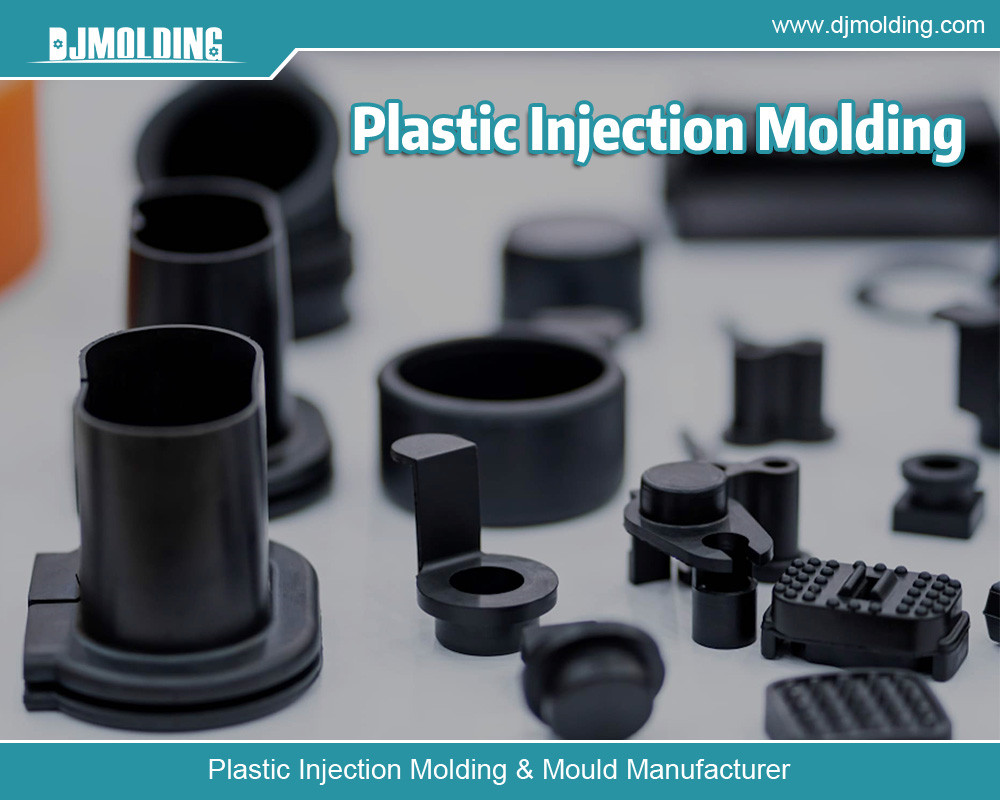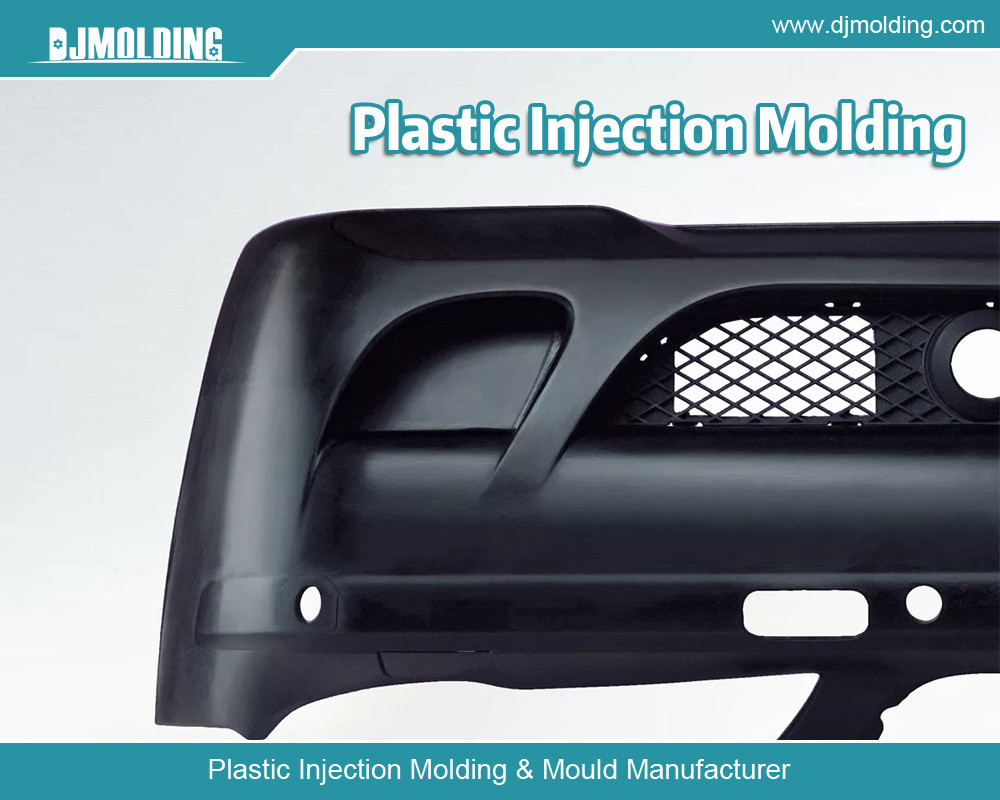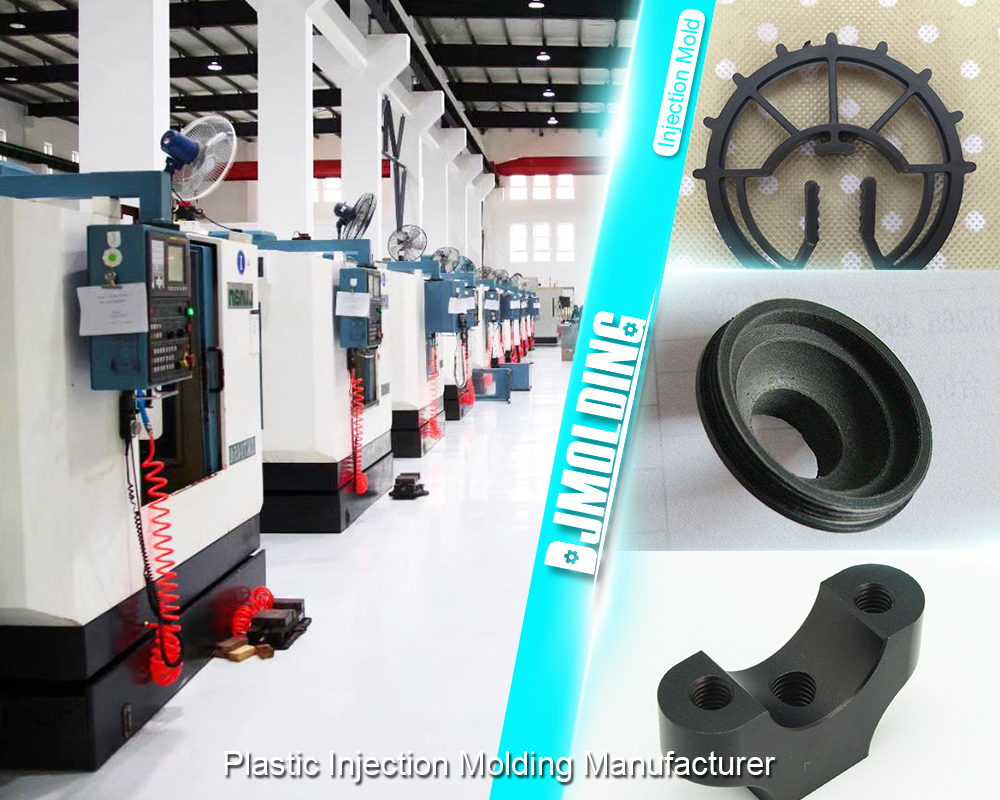What Is Digital Manufacturing?
What Is Digital Manufacturing?
The manufacturing industry has always relied on computer systems to boost efficiency and productivity. However, with time, advanced technology was able to bring about massive innovation in the industry. The availability of smart and intuitive technology made it possible for manufacturers to drive efficiency and productivity. Digital manufacturing is different from computer-assisted manufacturing.

An overview of manufacturing
The traditional manufacturing process involves making products with the use of a blend of humans, tools, machinery and so on. It can also deal with both chemical and biological processing to bring about products.
What is digital manufacturing?
This is used to explain the process whereby computer systems are used in the manufacturing process. With the help of cutting-edge technology, the entire workflow is made more efficient thereby increasing productivity. This digital manufacturing technology is used to connect all the processes and systems in the production workflow. It helps to create an integrated manufacturing process: from the design stage to the production stage.
Digitizing the manufacturing process
Thanks to innovation in the manufacturing industry, it is now possible to computerize the entire production chain. Manufacturers can now easily model and simulate their entire production process. In other words, they can improve their decision-making process as it pertains to their manufacturing environment. With the entire production workflow modeled out on a visual dashboard, a lot of efficiencies could be introduced in the system. This means that they can:
- Easily reduce their total production costs
- Implement process improvement strategies
- Reduce the time it takes to launch the product(s)
When it comes to digitizing the entire manufacturing process, there is no limit to what the manufacturer can benefit from this innovation. Digital manufacturing is a tool that can be applied to all the stages of the manufacturing of goods. This is highlighted by the different stages of the manufacturing process. It begins from the design stage down to the very last stage of customer satisfaction.
What benefits does digital manufacturing have for production companies?
From what is digital manufacturing to what are the benefits? Companies stand to gain a lot from this innovative form of production. When it comes to the manufacturing industry, there are so many benefits of digital manufacturing. Some of the most outstanding benefits of this new form of manufacturing include:
Helps to increase efficiency
Digital manufacturing uses a digital manufacturing model that helps to prevent many errors that can be very common with manual manufacturing processes. It is executed with a technology that makes it possible for operators to manage the parameters of each product. With this, the manufacturer can easily meet customer specifications. Manual manufacturing makes it hard for you to manage the product specification.
Helps to improve the product design processes
Digital manufacturing supports digital designs which means that the product designs can be fed straight into the system for production. Product designers can easily create custom and complex designs with high precision for quick production.
Availability of data for process improvement
Since digital manufacturing deals with data, it is possible to get useful data that can be used to improve the process. The technology and other IT systems are usually connected to work with each other. With suitable data analytics processes, the data can be analyzed to help improve subsequent products and batches.
Helps to reduce production costs
When companies digitize their manufacturing processes, it gives them more control and insight into the process. This means that they can analyze each workflow and optimize processes to reduce costs at every stage of the value chain.
Help boost customer satisfaction
With digital manufacturing, manufacturers can easily meet all the requirements of customers. Businesses help customers get personalized products. It can increase customer loyalty as well as brand awareness as customers prefer to stick with businesses that meet their needs.
Technologies used in digital manufacturing
Various technologies are available to drive digital manufacturing in the industry. This includes:
3D printing
This is a printing technique that uses digital technology that is controlled using a computerized printer. This device is used to create objects in three dimensions from a digital design on the computer. This is also called additive manufacturing since it works to create objects by adding several layers of materials.
Computer Numerical Control
This is a type of machine in digital manufacturing that uses cutting tools controlled by computers to form a work piece. Computer Numerical Control uses a technology known as CNC machine to create various components for multiple industries. The machine can easily produce custom tools and components that can be used in specific industries. It has several processes for shaping work-pieces. It is useful for the mechanical, aerospace, automotive, and medical industries.
Laser cutting
In digital manufacturing, laser cutting involves the use of a laser to cut materials into the right sizes and shapes. This digital technology uses elaborate machinery to create several products for different industries such as the medical, aerospace, and automotive industries.
Examples of use cases of digital manufacturing in practice
There are countless use cases of digital manufacturing with different manufacturers. In each case, it is used to bring about efficiencies that are not possible with the manual alternative. Some common use cases of digital manufacturing include:
- The use of predictive maintenance to prevent costly machine breakdowns
- The use of detecting and sensing devices to monitor products and equipment in real-time with available visual analytics for easy data interpretation.
- The use of predictive efficiency to avoid costly bottlenecks.
- The use of temperature monitoring devices to adjust the degree of hotness with production tools.
- Using digital analytics to optimize the total workflow/production line to increase efficiency.

The future of digital technology in manufacturing
Digital manufacturing will continue to empower manufacturers for many years to come. As more advanced technology becomes available, the manufacturing industry is looking to use more robots in its processes. With the fourth industrial revolution almost upon us, technology I going to play an even bigger role in this industry. Many smart cities will be supported by fully automated and AI-driven technologies.
For more about what is digital manufacturing,you can pay a visit to Djmolding at https://www.djmolding.com/on-demand-manufacturing-service/ for more info.




